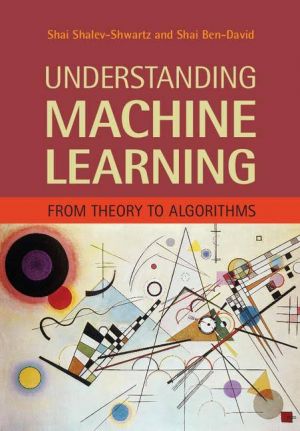
The subject of this book is automated learning, or, as we will more often call it, Machine Learning (ML). That is, we wish to program computers so that they can "learn" from input available to them. Roughly speaking, learning is the process of converting experience into expertise or knowledge. The input to a learning algorithm is training...
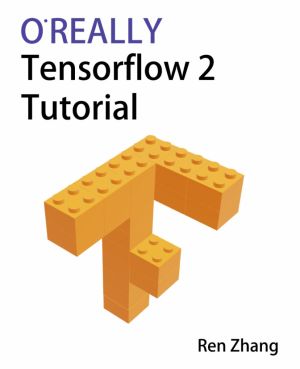
TensorFlow is a free and open-source software library for machine learning. It can be used across a range of tasks but has a particular focus on training and inference of deep neural networks.
This book is a somewhat intermediate-level introduction to Tensorflow 2. We will eventually cover everything tf.keras, but no so fast until we implemented t...
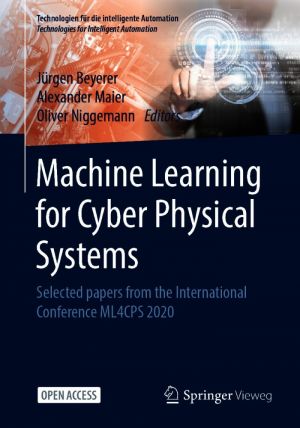
This open proceedings presents new approaches to Machine Learning for Cyber Physical Systems, experiences and visions. It contains selected papers from the fifth international Conference ML4CPS - Machine Learning for Cyber Physical Systems, which was held in Berlin, March 12-13, 2020. Cyber Physical Systems are characterized by their ability to ada...
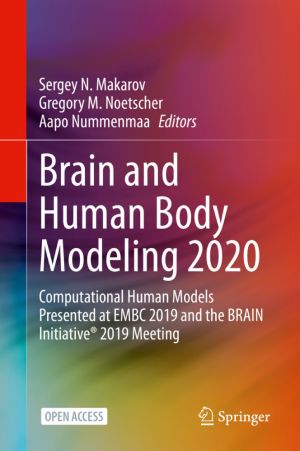
This open book describes modern applications of computational human modeling in an effort to advance neurology, cancer treatment, and radio-frequency studies including regulatory, safety, and wireless communication fields. Readers working on any application that may expose human subjects to electromagnetic radiation will benefit from this book'...
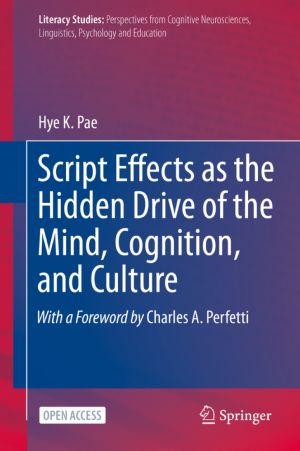
This open volume reveals the hidden power of the script we read in and how it shapes and drives our minds, ways of thinking, and cultures. Expanding on the Linguistic Relativity Hypothesis (i.e., the idea that language affects the way we think), this volume proposes the "Script Relativity Hypothesis" (i.e., the idea that the script in whi...
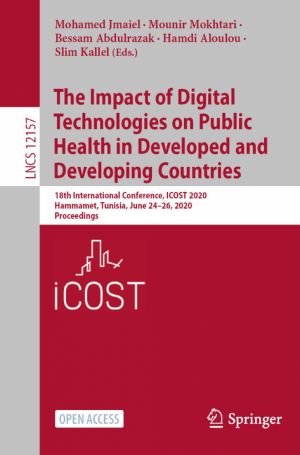
This open access book constitutes the refereed proceedings of the 18th International Conference on String Processing and Information Retrieval, ICOST 2020, held in Hammamet, Tunisia, in June 2020.*
The 17 full papers and 23 short papers presented in this volume were carefully reviewed and selected from 49 submissions. They cover topics such as: Io...
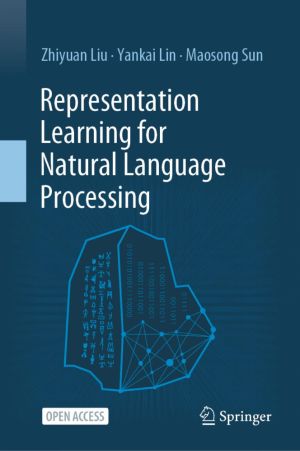
This open book provides an overview of the recent advances in representation learning theory, algorithms and applications for natural language processing (NLP). It is divided into three parts. Part I presents the representation learning techniques for multiple language entries, including words, phrases, sentences and documents. Part II then introdu...
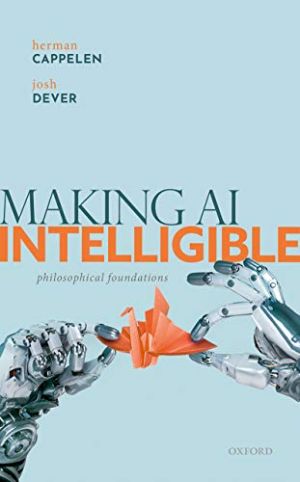
Can humans and artificial intelligences share concepts and communicate? Making AI Intelligible shows that philosophical work on the metaphysics of meaning can help answer these questions. Herman Cappelen and Josh Dever use the externalist tradition in philosophy to create models of how AIs and humans can understand each other. In doing so, they ill...
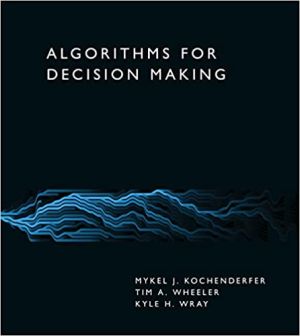
A broad introduction to algorithms for decision making under uncertainty, introducing the underlying mathematical problem formulations and the algorithms for solving them.
Automated decision-making systems or decision-support systems - used in applications that range from aircraft collision avoidance to breast cancer screening - must be designed...
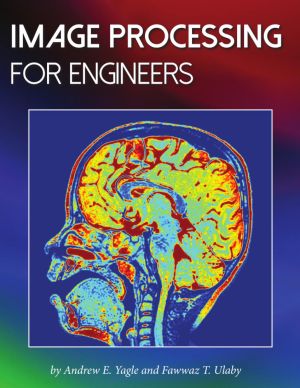
This is an image processing textbook with a difference. Instead of just a picture gallery of before-and-after images, we provide (on the accompanying website) MATLAB programs (.m files) and images (.mat files) for each of the examples. These allow the reader to experiment with various parameters, such as noise strength, and see their effect on the ...
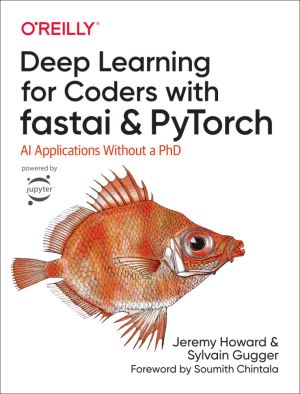
Deep learning is often viewed as the exclusive domain of math PhDs and big tech companies. But as this hands-on guide demonstrates, programmers comfortable with Python can achieve impressive results in deep learning with little math background, small amounts of data, and minimal code. How? With fastai, the first library to provide a consistent inte...
